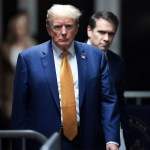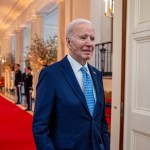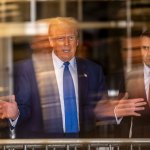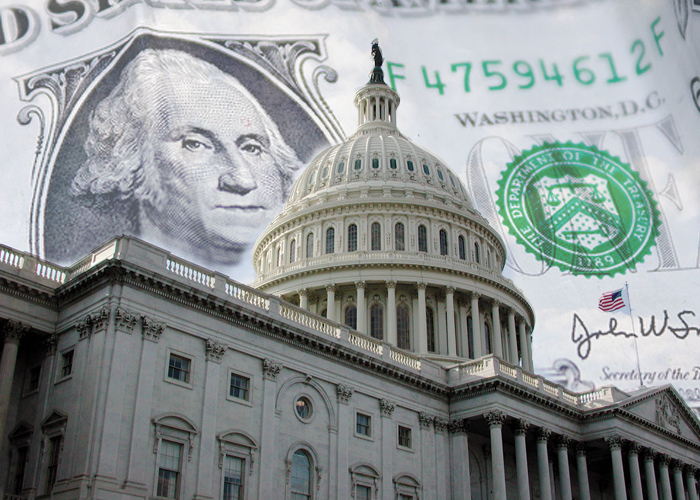With the 2012 political money machine now in full post-Labor Day gear, watchdog groups are trying to turn up the pressure on businesses and unions to disclose every dollar they spend on behalf of candidates, even though that kind of transparency isn’t required by law.
This is the first presidential campaign after the Supreme Court’s Citizen’s United decision, which unlocked the floodgates for unlimited corporate and union donations, and the candidates and their supporters are already pushing fundraising to new limits with the creation of the first Super PACs — super-sized organizations full of unlimited corporate and union cash that is not required to be disclosed to the Federal Election Commission or anyone else.
Corporations, led by the U.S. Chamber of Commerce, pushed hard against Democratic-sponsored measures that would have forced companies and unions to disclose their donations, arguing at the time that companies would disclose their political expenditures to their shareholders who would police the spending decisions.
But very little to no disclosure — even to shareholders — has occurred as of yet, and now watchdogs want the Securities and Exchange Commission to force the issue and require full disclosure of corporate political spending by publicly traded companies. Such transparency may even be good for business, a new joint report by Harvard Law School and Public Citizen has found.
Ever since the Supreme Court’s landmark ruling overturning 60 years of limitations on corporate political expenditures, good government groups, as well as Democrats on Capitol Hill, have pointed to comments from Justice Anthony Kennedy, the decision’s author, justifying the corporate electioneering in large part with an expectation that the funders of the ads would be disclosed.
“A campaign-finance system that pairs corporate independent expenditures with effective disclosure has not existed before today,” Kennedy wrote in Citizens United. “With the advent of the Internet, prompt disclosure of expenditures can provide shareholders and citizens with the information needed to hold corporations and elected officials accountable for their positions.”
“Shareholders can determine whether their corporation’s political speech advances the corporation’s interest in making profits and citizens can see whether elected officials are in the pocket of so-called moneyed interests,” he continued.
Despite Kennedy’s prediction, so far the sources of hundreds of millions of dollars in the first post-Citizens United election cycle have remained secret. Of $266 million spent by outside groups to influence the 2010 elections, the Harvard-Public Citizen reporter found that $135.6 million was spent by groups that did not reveal any details about their funders. The undisclosed portion of independent spending in 2010 alone was almost double the $68.9 grand total of spending by outside groups in 2006, the previous mid-term election cycle.
“Non-disclosing groups included the U.S. Chamber of Commerce, which was the top spender, at over $31 million,” the report found. “Other top spenders identified themselves only as Americans for Job Security, the American Action Network or the American Future Fund.”
The report also studied whether disclosing political donations and expenditures to shareholders would hurt and help business, and found that adopting a policy of transparency, actually helps the corporate bottom-line.
“We found that companies with policies calling for political disclosure had a 7.5 percent higher industry-adjusted price/book ratio than other firms as of year-end 2010,” the report’s authors wrote.
But voluntary disclosure is not enough, the report argues, because the information served up is often inconsistent and incomplete, making it difficult to compare it to other entities’ information. That’s where the SEC should come in, the report argues. The SEC should issue rules that ensure comprehensive disclosure of political activities by publicly traded companies and facilitate shareholder efforts to adopt bylaws requiring that managers earn their approval for political budgets, say the authors of the report.
“Justice Kennedy’s opinion in Citizens United attempted to point the way towards a grand compromise, albeit on the terms laid out by opponents of campaign-finance regulation. Corporations would be allowed to spend unlimited sums to influence federal elections,” they wrote. “In exchange, the public (and shareholders) would be able to monitor the corporate electioneering activity that the decision allowed. Only half of this promise has been fulfilled. It’s up to the Securities and Exchange Commission to make good on the other half.”









